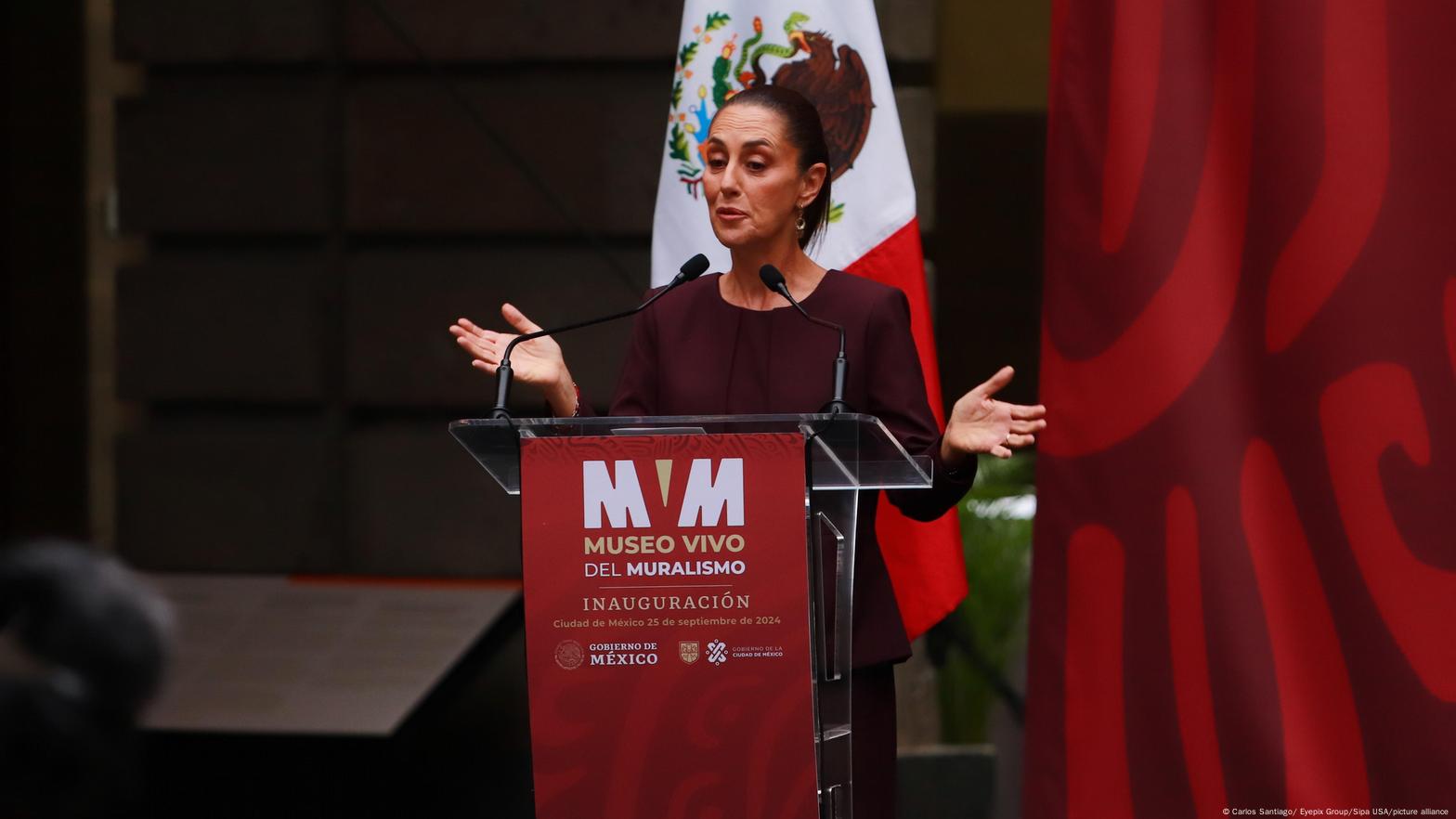The commercial relationship between Mexico and Spain is going through its best moment. However, their diplomatic relations appear to be the most tense since they were reestablished in 1977, after the invitation to the investiture of the new Mexican president Claudia Sheinbaum did not include King Felipe VI. The Spanish Government responded that, if the head of state was excluded, Spain would not send official representation.
Mexican researcher Ethan Ayala, a specialist in comparative foreign policy of Mexico and Spain, rejects even talking about a diplomatic crisis and does not believe that this episode will affect commercial and cultural relations between both countries.
“In principle, until now, I would say no… That does not mean that it does not have the potential to escalate and become more serious if both parties do not act with caution,” he says from the Complutense University of Madrid. “It is also true that it is something relatively easy to deactivate,” he adds.
“Symbolic diplomatic friction”
The Spanish professor of Political Science at the University of Girona and author of the book “Where the hell is Mexico going?”, Salvador Martí Puig, agrees.
“It is a symbolic diplomatic friction that, if there is no escalation and neither the Mexican nor the Spanish Government wants there to be one, it remains on the formal level” and in the “most epidermal part of politics,” he says graphically.
“Spain has many interests in Mexico,” he summarizes. “And Mexico is not interested in getting along with Spain or the European Union either.”
A letter that was not even answered
For Ayala, the situation went through a more delicate moment when the now outgoing president, Andrés Manuel López Obrador, sent the letter that gave rise to this diplomatic “friction”, in which he asked Felipe VI for an apology for the Conquest and which caused harsh reactions in Spain.
“The problem is that he didn’t even answer it,” says Ayala. In the current case, however, the diplomatic positions of both parties are clear and reasonable, he explains.
And the matter should stay there: “The practical effect is that Spain will not be at the inauguration, but that’s it. There will be some political actors in both countries who do not think it is good or who think it is serious.”
“But, in practical terms, the truth is that it has no consequences until now… there will be other opportunities for dialogue and rapprochement,” says the Mexican researcher from the Complutense.

He hopes that with the new Mexican Government and the appointment of a new ambassador, the matter will remain an anecdote. And remember that it was also a change of Government that led to the reestablishment of diplomatic relations in 1977, when even the GDR, the former communist Germany, had established diplomatic ties with Spain.
A “broad and fluid” relationship
It is true, Ayala highlights, that with López Obrador political relations with Spain “slowed down”, that there were no official visits and that “he also did not receive the king other than at his inauguration.” But the relationships are much broader.
“They are at the level of local and regional governments, they are in parliamentary, cultural, tourist, and immigration terms,” Ayala lists. “It continues to be an extremely fluid relationship, the numbers were not affected,” he concludes.
Millionaire exports and imports
In the first half of the year, according to Banxico data, Mexican exports to Spain total more than $800 million dollars, while imports of Spanish products reach almost $3.5 billion.
This continues an upward trend that, with the brief parentheses of the international financial crisis and the coronavirus pandemic, has continued for three decades.
Spanish direct foreign investment in Mexico was, according to data from the Ministry of Economy, $3,774 million dollars, only behind the United States. Many Mexican businessmen also land in Madrid to strengthen these economic ties or as a gateway, for example, to the German market, Mexico’s main trading partner in the European Union.
For Martí Puig, the dialectical confrontation between the Governments of Madrid and Mexico is “in line with the traditional classical nationalist thought of Mexico”, which displays its autonomy and sovereignty in international relations “and of not having any special affection for the institutional figures of Hispanidad”, evaluates the professor, from the University of Girona.
“There is a certain indignation here in some sectors, but the rest care little,” he notes. And he concludes: “I believe that the Spanish Government is simply not going to attend and that’s where things will stay.”
Keep reading:
- Spain will not attend the inauguration of Claudia Sheinbaum
- The US reaffirms bilateral cooperation with the next president of Mexico, Claudia Sheinbaum
- The president of Mexico regretted the violent attack against Donald Trump
